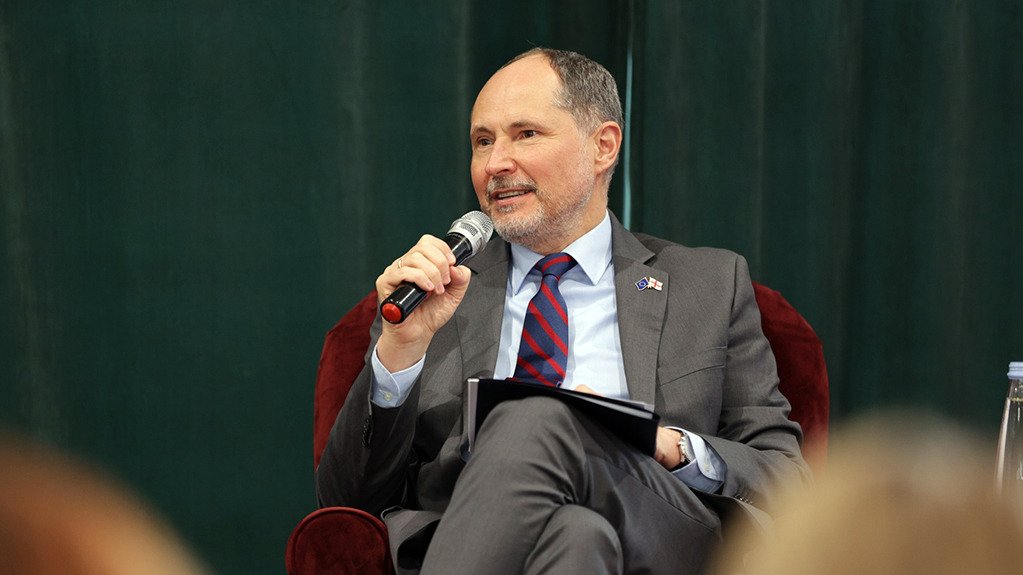The European Union Ambassador in Georgia, Pawel Herczynski, said that once Georgia joins the European Union, Georgian citizens will enjoy "full labor rights," which include social security, mandatory insurance, wages, and pensions.
News
Trending stories
- 1 Former Prime Minister Garibashvili Sentenced to Five Years in Prison After Plea Deal
- 2 Otar Partskhaladze Charged with Organizing Murder of Businessman Levan Jangveladze
- 3 Shalva Papuashvili Says Georgian Dream Filed Complaint with BBC
- 4 Georgian Dream Party Further Tightens Grants Law, Introducing Up to 6 Years in Prison
Herczynski answered the question of whether the EU candidate status can improve labor rights in Georgia and make it easier for Georgian citizens to find legal employment in EU countries.
"The EU and Georgia are working together to develop jobs and the labor market for Georgian citizens by expanding high-quality vocational education, improving labor policies, and supporting entrepreneurship education.
As part of the process of joining the European Union, Georgia must align all its existing legislation in the field of employment and labor with the laws and regulations of the European Union and ensure their enforcement. This includes making positive changes related to working conditions, working hours, non-discrimination, and other rights and responsibilities of employees.
"Since membership in the European Union ultimately entails receiving and enjoying the 'four freedoms' - the freedom of movement of goods, capital, services, and people - as soon as Georgia joins the European Union, Georgian citizens will enjoy full labor rights throughout the territory of the European Union. They include social security and mandatory insurance, official employment, salaries, and pensions. During the accession process, the Georgian government will have to address the gaps in labor standards and social protection between Georgia and the European Union," said Pawel Herczynski.
Georgia received the status of a candidate country for the European Union in December 2023, with the condition that the country will take steps in 9 directions.
The European Union asks Georgia to combat disinformation, foreign information manipulation, and interference regarding its values; improve the alignment of Georgia's foreign policy with the common foreign and security policy of the European Union; address political polarization; ensure a free, fair, and competitive electoral process, especially in 2024; enhance parliamentary oversight; undertake judicial reform; ensure the effectiveness, independence, and impartiality of the Anti-Corruption Bureau, the Special Investigation Service, and the Personal Data Protection Service; enhance the existing action plan on de-oligarchization; and improve human rights protection standards.
Fulfillment of the conditions is necessary to proceed to the stage of starting accession negotiations.















